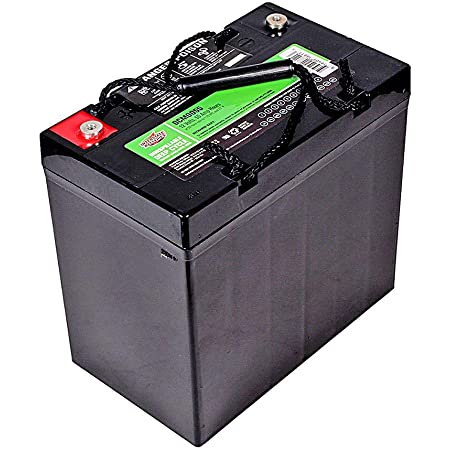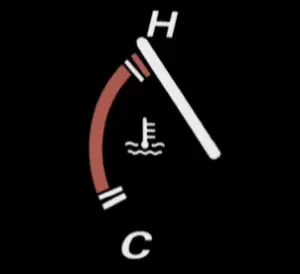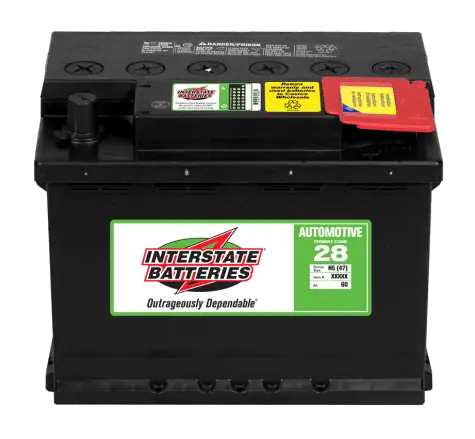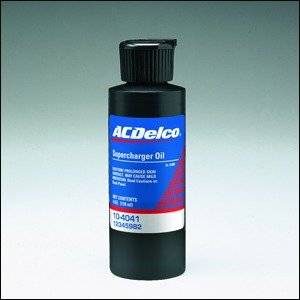What Causes Vibration at 70Mph?
As a car owner, feeling your car shimmy and shake or vibration as you pick up the pace on the highway is one of the scariest things.
This behavior can be seen at higher speeds, like 70 mph or greater.
The confusing part is that shaking doesn’t mean a car is old or neglected. Many of the reasons why a vehicle can shake at high speeds are related to brakes and steering.
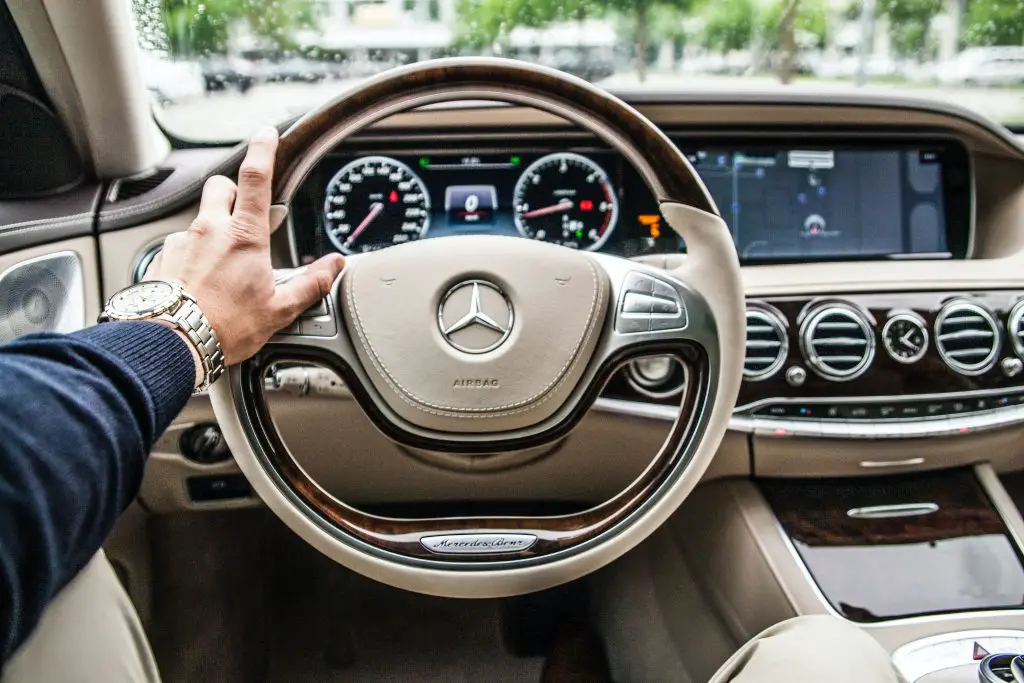
Tire Imbalance
A shaking car may be caused by unbalanced tires. You will only notice the shaking at speeds over 50 mph if this is the cause.
If you look for a cupped wear pattern on the tires, you’ll find that some sections are more worn than others.
Steering wheel vibration comes from front tire issues, whereas seat or floor vibration is more likely from the back tires.
A professional should assess and correct your tires if you think this may be the issue.
Faulty Brake System
Issues with the brake system can cause shaking that is greater than 50 mph.
If you have sticky brake calipers, you may notice that the steering wheel vibrates at around 70 mph, if you have it. A rancid burnt smell is a tell-tale sign that you stopped the car.
If a faulty brake system is an issue, you will need to fix it.
Low Tire Pressure
There is a possibility that low tire pressure is the cause of car shaking. There is a chance of tire pressure dropping if there is a leak.
The back and front tires experience different wear and may need to be filled up at different times.
If you have a tire pressure gauge and inflator with you, you will be able to prevent low tire pressure.
In cold weather, keeping the tire pressure three psi higher than the manufacturer’s suggestion is a helpful tip.
Overworking the Powertrain
A clicking noise may be produced by your powertrain if it is not being used properly.
When attempting to brake, the CV axle shaft problems will produce shaking. It can also cause shaking if there is excessive wear on your equipment.
If your car is shaking above 70 mph, you need to have it assessed for any of the above issues.
Engine Sludge
Engine oil deposits can accumulate. They can make sludge that coats your engine. This sludge can affect your vehicle’s power and cause shaking, and it’s not good for it.
A low oil level prevents the engine from getting the lubrication it needs and can cause it to vibrate.
Changing your oil based on your manufacturer’s recommendation is one of the best ways to prevent engine sludge.
Problems After Vehicle Service
Did the car start shaking after the last repair or maintenance? Wheel alignments, tire replacements, and other repairs are often followed by new shaking issues.
You can experience poor workmanship or an error at the repair shop.
If this issue popped up soon after your last appointment, you should bring your vehicle back to the mechanic to have their previous work looked at.
Loose Air or Vacuum Hose
The fuel, air, and spark out of the engine can be caused by a leaking air or vacuum hose. Power loss and vibration can be caused by the incorrect air pressure in your vehicle.
This power delivery is dependent on keeping your air and fuel filters clean and functioning.
It is recommended that you replace the air filters according to your vehicle’s instructions. Depending on the location of your fuel filters, they may need to be serviced.
Manufacturer Issues
Some cars experience manufacturer faults that lead to shaking. It is possible that a missing body piece is a culprit, or that a light car is affected by nearby drafts.
Some vehicles don’t handle high speeds. Quality and manufacturing mistakes can cause shaking at higher speeds.
Uneven Tire Wear
When you have broken or slipped a belt, the tires may wear differently. Poor-quality tires can wear out quickly, which is why new cars are not immune.
This issue can be exposed with the help of a tire assessment. If you experience tire wear that is not normal, then you will need to replace them and fix the underlying cause.
CV Joint Issues
It is not always easy to identify CV joint problems in rear-wheel vehicles. Problems with the inner CV joint can be caused by heavy loads or hard acceleration.
The degree of shaking you experience can be affected by the severity of the issue. If the shaking starts around 40 to 55 mph, you may have issues with your front axles.
Spark Plug Issues
The internal pressure of the engine is affected if your spark plugs are dirty or broken. The remaining cylinder is forced to work harder because of the power loss.
The result can be anything from a small amount of shaking to a large amount at higher speeds. When the vehicle is standing still, there may be a small bounce.
If you notice a failing spark plug early on, take a look at your vehicle’s RPM gauge, and replace it as soon as possible.
Gasoline Octane Issues
It’s always a good idea to use fuel that has an octane rating that’s recommended by your manufacturer.
It’s good for efficiency and emissions to use fuel with too high of an octane rating, but it can harm your vehicle.
It’s important to choose the right gas for your engine because it burns slower at higher levels.
When your engine gets too much gas, it can’t burn the fuel correctly and cause it to shake.
Tough Driving Conditions
The road conditions and driving style can affect how the car feels. It can be hard to take responsibility, but it is important to take a look at your driving style.
It’s possible to go much higher speeds than you should or handle the steering wheel differently.
It’s more likely that you will hit something hard like a curb and damage your vehicle because of the stress on your vehicle and key components.
Runout Wheel
A runout wheel is when the wheel assembly is not completely round. A tire with a belt is an example.
This issue will cause a lot of rattling on the highways. Use an off-car balancer or tire runout gauge to assess the issue.
Starved Engine
Your car needs enough oxygen and spark to run efficiently.
You can experience shaking at higher speeds if it does not get the fuel, oxygen, or spark it needs. In the engine compartment, you may experience shaking.
Check your spark plugs to make sure they’re working. This may help you resolve the issue.
You should check your air and fuel filters. They need to be cleaned and replaced to prevent engine starvation.
How to Fix Them?
Identifying the cause of a car shaking when driving is the first step in fixing it.
There are a lot of issues related to the wheels and brakes, however, some may be related to the engine. To find a system to check on, pay attention to where you feel the shaking.
Unless you have a background in cars, you need to bring your vehicle to a professional repair facility. Tell us what you think is the cause of the issue.
Accidents, potholes, previous work done, and any relevant recent events should be noted.
Depending on the results of the inspection, you can either hire the repair facility to complete the repairs, perform the repairs on your own, or replace the vehicle.
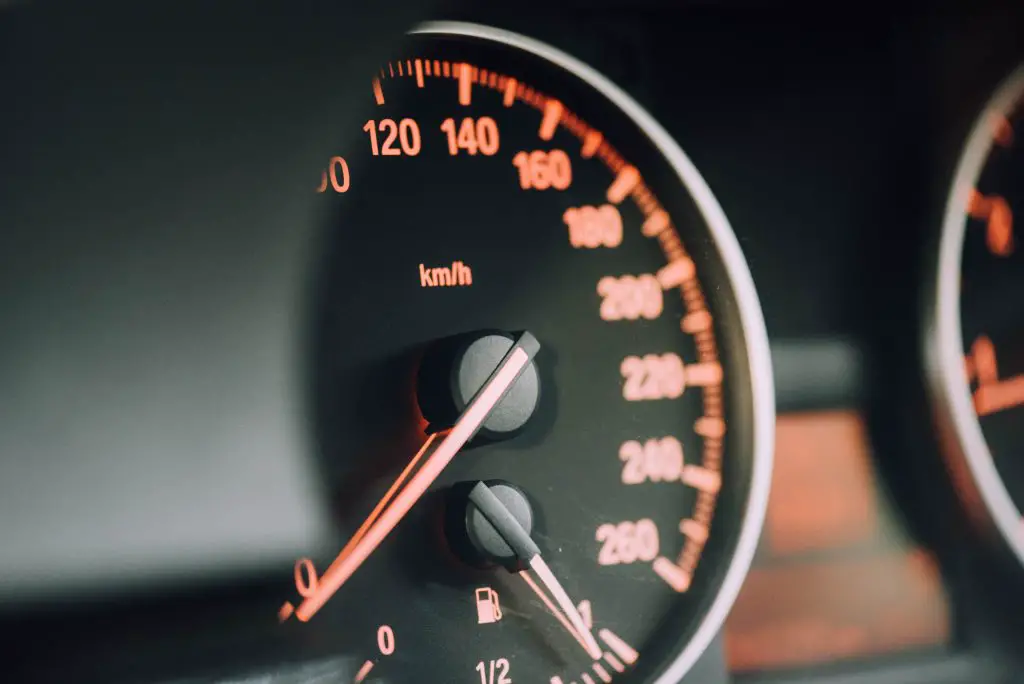
Is It Safe to Drive When The Car Is Shaking?
It is not recommended to drive a car that is shaking for a bit. A shaking car means there is a problem.
Since many issues are related to wheels and brakes, it is not a good idea to drive at higher speeds when your car is shaking.

Truck driver by profession, automotive lover by heart. Ricky is the main publisher and editor at Truckile.com sharing his life-long knowledge and experience in the auto industry and truck driving!

